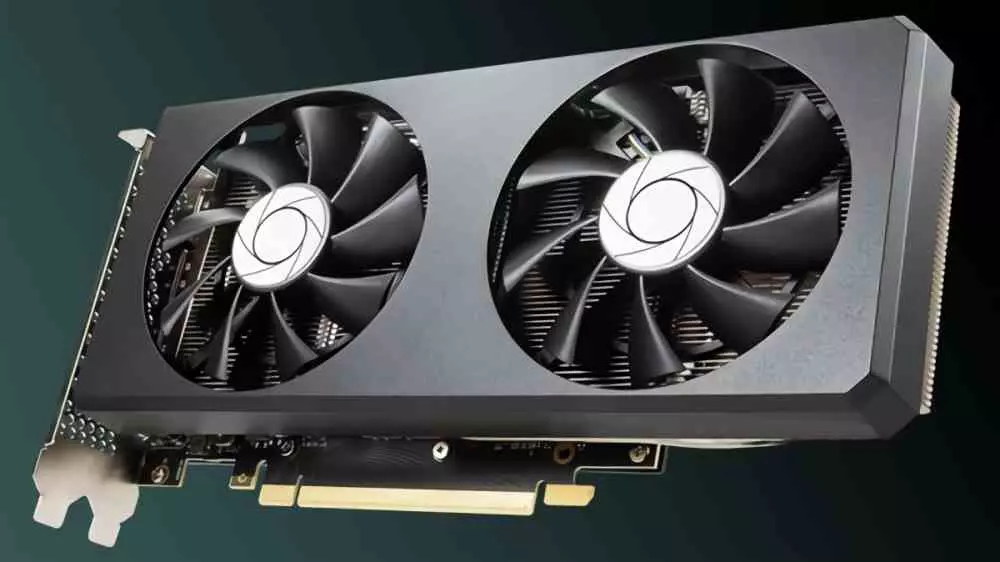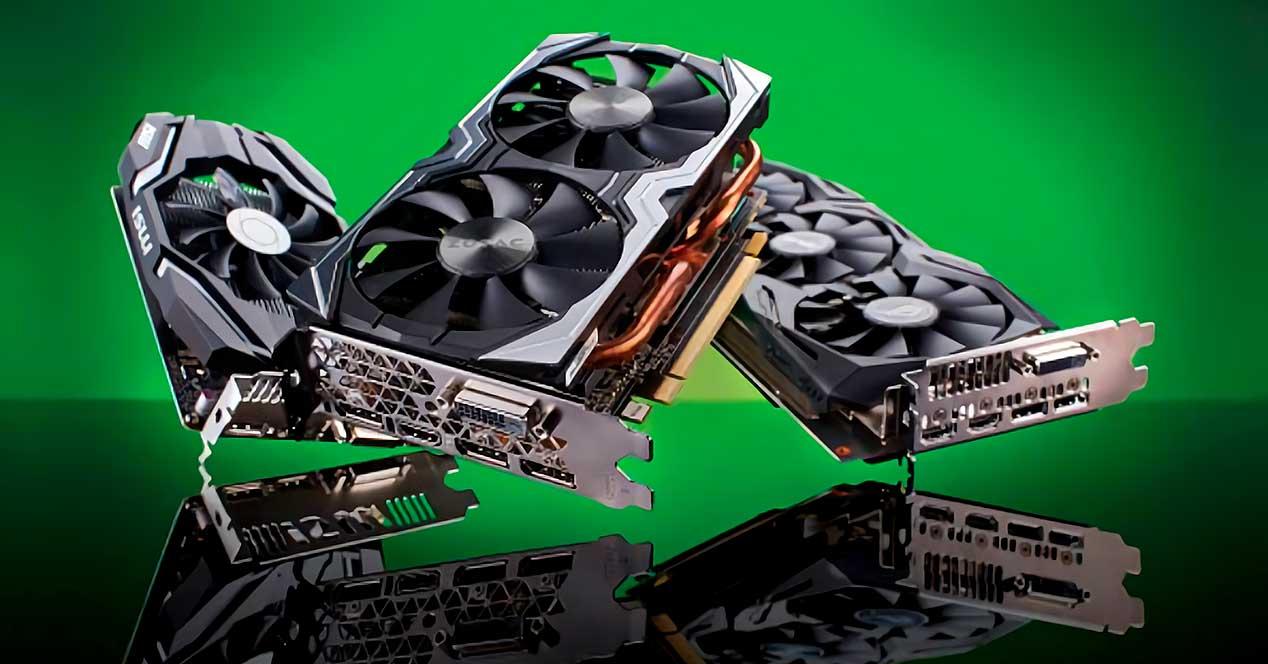
One of the most common problems if we use a desktop PC is that it reaches the point where it becomes a real reactor and not in speed, but because of the noise it makes. This is very annoying for many users who opt for much quieter systems to be able to work at night without disturbing others. That is why we are going to give you a few tips to reduce the noise of your PC.
Having a powerful desktop computer means not only having the highest possible performance in various applications, but the problem comes when it has to use its power. Then all its components and especially the RAM memory, the processor and the graphics card, are put to work at their maximum performance, they generate heat and all the system fans are put to work at maximum, thereby increasing the decibels generated, in that case. This is the moment when many of us think that we would like to reduce the noise that our computer makes. Luckily we have ways to do it that do not require advanced knowledge.
Tricks to reduce the noise your PC makes
First of all, we must bear in mind that there are noises that your computer makes that cannot be avoided, as is the case of the Coil Whine of the power supply and you may not be hearing them due to the fact that the activity of the fans opaque So we have to start from the fact that certain noises are unavoidable.
In any case, for many people it is important to reduce the noise made by your fans.
- Keep the inside of the case very clean, the accumulation of dust increases the ambient temperature inside the case and forces the fans to work more. Remember that the more heat the more revolutions per minute they work and, therefore, the more noise.
- We do not need to tell you the importance of cleaning the fans.
- If your case supports 140mm or other sized fans, then you might consider replacing the typical 120mm ones. Remember that cooling depends on airflow and the larger the fan, the higher the flow with less RPM.
- Another option is to consider a liquid cooling system, however, these require more maintenance. If you consider it, we recommend mounting one of the AiO type.
- If you see that the hard drive is rattling too much, then make sure that the hard drives are kept firmly in their bay. In any case, SSD drives are a good option to reduce the noise generated by the PC
On the other hand, do not forget that the choice of processor also influences it, in its specifications and whether it is an AMD or an Intel model you will be able to see the TDP, remember that the higher the number, the more heat it will generate .
The choice of graphics card is also important
The other point is the graphics card, as soon as we start a game it turns on its fans and makes them work at full capacity and if the GPU is set to Boost speed then the speed of the fans increases. Despite the fact that many of us would like to have the latest GeForce or Radeon more powerful, if what concerns you is to reduce the noise of your PC then you should flee from the top-of-the-range models and also from those that carry the OC label.
Of course, it may be that you cannot change the graphics card, in that case we recommend an undervolting exercise, which will reduce the voltage and the maximum speed that the GPU can reach. However, in many games this does not have to translate into a loss of performance, since there are speeds that can be achieved with lower voltages, which leads to lower consumption and less heat released.
In any case, it is common in the specifications of graphics cards to find the number of decibels generated by each of them. So pay attention if environmental noise is one of the things that worries you the most when upgrading your graphics card. Also make sure they have dual bios and be able to enable silent mode which turns off the fans.





